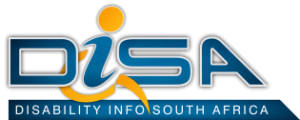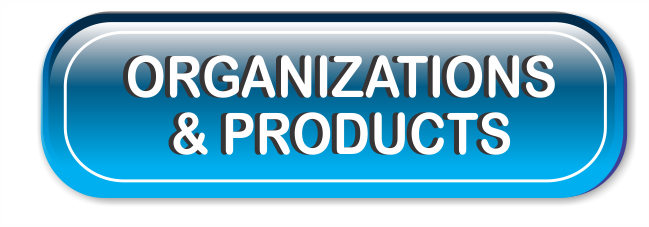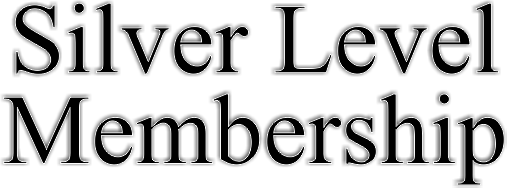Books & Reading
Contents: To jump to the topic you would like, click on the links below
Introduction
Books & Reading is a wonderful hobby and can be relatively inexpensive, even for people who are blind and visually impaired. It provides so many benefits and is a hobby that can still be enjoyed with the help of a variety of assistive devices available, depending on the severity of your disability.
People who are blind and visually impaired can read Braille. Not all people who are visually impaired read Braille. There are large print books available. There are also audio books if you would rather listen than read. In the face of screen-reader software, Braille usage has declined. However, Braille education remains important for developing reading skills among blind and visually impaired children, and Braille literacy correlates with higher employment rates.
The act of reading improves your ability to absorb and comprehend written information, helping you in virtually any career path. There are very few jobs today that don't incorporate written information or instructions, and the more you read, the easier it is for you to absorb that information and execute your job better. Reading can be surprisingly social, too, with book clubs turning books into a true social event.
One of the problems with Braille is that it's typically printed in specialist books aside from the copies created for sighted people, meaning that those with sight difficulties can't borrow their friends' books and need to seek out the bookstores and libraries that cater for them.
A variety of devices are available to enable the blind and non-blind to read the same book. Some are still in the early stages, such as the FingerReader initiative from MIT provides visually impaired readers with a wearable ring that can scan written text and read it out loud.
Many libraries have large-print and Braille books for the visually impaired. It’s also possible to purchase books on tape or download them from the internet- often for free.
Books can be acquired at your local library or bookstore and can be read in small pieces when you have a five minute gap or in large chunks when you have a lazy afternoon. Most books are also incredibly portable & can provide you with many hours of entertainment.
Types of Books
There are a wide variety of books out there for almost anything you can imagine, including ones that supply knowledge or enlightenment and can sometimes be inspirational & educational. Whatever it is that you enjoy, there's a book of interest for you.
Some organizations such as Blind SA, provides services for blind and partially sighted individuals to uplift and empower them by publishing books, magazines and other documents in Braille.
Access to the written word is the greatest communication barrier the blind face, despite advancements in audio technology.
Braille Services of Blind SA is the only producer of braille in all eleven official languages of South Africa.
Braille Services is a non-profit organisation that supplies its customers with material at about 25% of the actual production cost. The additional costs are funded by the generosity of Blind SA’s donors. They print textbooks from early grades to the most intricate material required at a higher education level, including lecture notes and examination papers.
Thanks to them & other organizations, the Blind in South Africa have access to:
- Literature for a range of professional disciplines and additional work related materials such as labour contracts or insurance policies.
- Recipes, manuals and travel timetables
- Reading for family responsibilities and religious devotions.
- Discussion forums documents, Green and White Papers, Bills and Acts, including the Constitution of South Africa are also required in braille.
- Production of recreational books including magazines.
Finding a way to read comfortably is one of the most difficult challenges for visually impaired people. Many give it up altogether, because what used to be an enjoyable, effortless activity now requires thought, preparation and a lot of adjustment.
For some people in this situation, reading is just no fun anymore, but many low vision devices can make reading easier and more rewarding for people with low vision conditions.
Assistive Devices
Reading Aids are Assistive Devices that enable a person with a Disability to be able to enjoy books & the hobby of reading. If an individual has a Mobility Impairment, they may find it difficult to hold a book or turn pages. There are a variety of assistive devices or Reading Aids available for the mobility impaired & elderly, so that they can still enjoy books. These include:
- Audio Books - although this is not techniqually a reading aid, it can be used to enjoy books or information in books.
- Braille & Braille Books - Braille is a tactile writing system used by people who are blind or visually impaired. It is traditionally written with embossed paper & appears & is used in Books that are written in Braille, but can also be found on Braille computer screens and other electronic devices that supports Braille thanks to refreshable Braille displays.
- Screen Readers -
- A refreshable braille display -
- Reading material with larger pictures & fonts or devices that zoom in to increase them. The most affordable are hand-held magnifiers, some of which contain small reading lamps for better illumination. Other magnifiers are mounted on height-adjustable stands or hang around the neck.
To find out more about reading Aids that could assist you, visit our page on Reading Aids or click here


